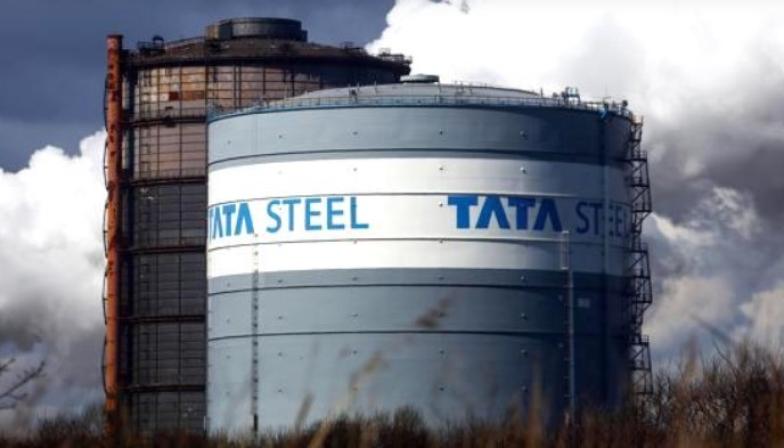The UK Trade Rights Authority (TRA) has proposed an increase in the import quota for hot rolled flat products due to a decline in domestic production, the authority announced.
According to the notice, the proposal was prompted in part by the recent closure of the blast furnace at Tata Steel UK’s Port Talbot site as part of a move to an electric arc furnace.
TRA’s proposal includes an increase in the import quota for Category 1 steel – unalloyed and other alloyed hot rolled sheet and strip – to a total of 2.9 million tonnes.
Changes in circumstances, including the blast furnace closure, have impacted domestic production of flat steel in the UK, leading to an increase in imports, which have consistently exhausted part of the hot rolled flat steel quota for four consecutive quarters, according to the notice. This, in turn, has led to an increase in the cost of these products for the UK market.
As a result of the reduction in domestic Category 1 steel production, TRA has proposed amending the measure by duplicating Category 1 to form Categories 1A and 1B. The quota for Category 1A, which will be available for those importing for commercial purposes, will be maintained at its current level. Meanwhile, the quota for Category 1B, available solely for downstream processing, will be set at 89% higher than that of 1A. Together, Categories 1A and 1B would bring the total Category 1 quota to approximately 2.9 million tonnes per annum. TRA has also proposed that the Category 1B quota be allocated on a global basis to allow companies to establish robust supply chains for domestic processing, with a cap in the range of 37-42% to ensure that no single country’s exports dominate this new quota.
“Our proposal today aims to address the reduction in hot rolled flat steel production at Port Talbot. These changes have resulted in increased imports and the exhaustion of some of the current quota, creating uncertainty and increasing costs for steel consumers. We propose to maintain the current quota volumes for steel used for commercial purposes and create a new quota available for downstream processing,” said TRA Director General Oliver Griffiths.
The Category 1A import quota is just over 1 million tonnes per year, while Category 1B is around 1.9 million tonnes per year. If these limits are breached, importers will have to pay a 25% duty, TRA explained.



